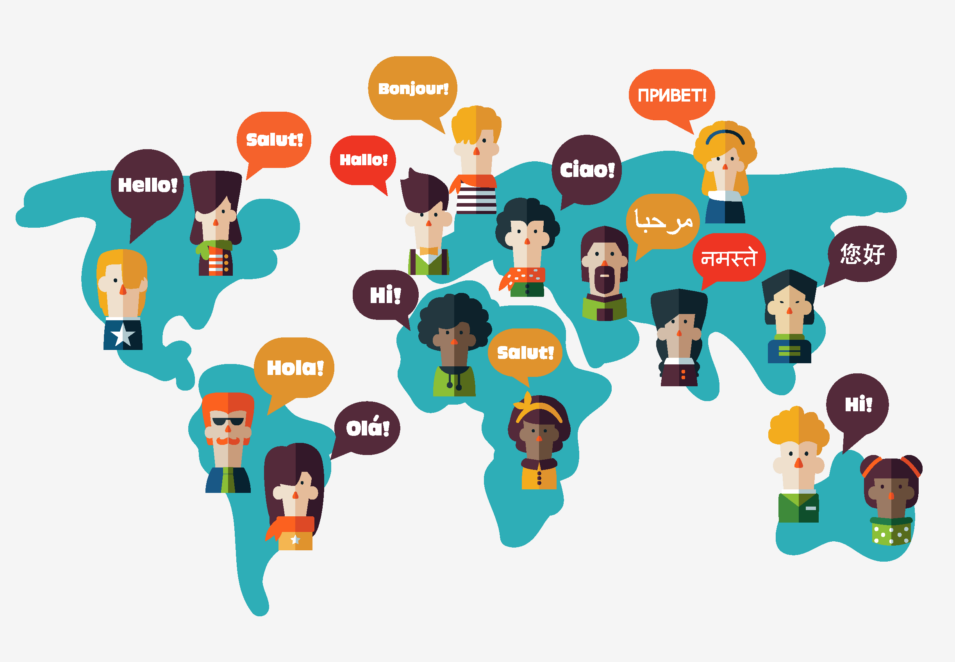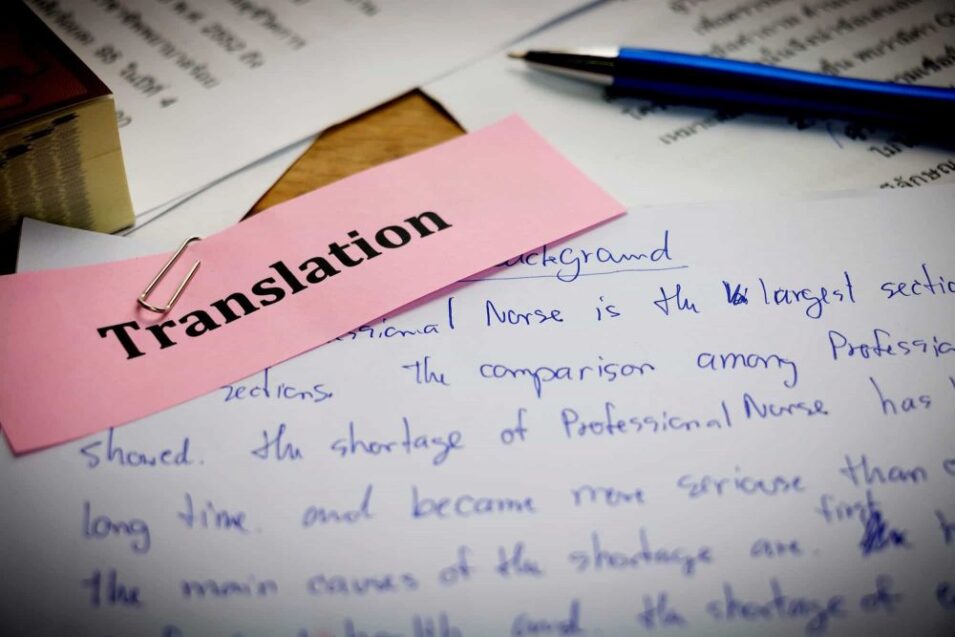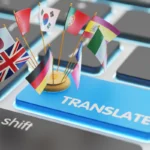The translation is something many people don’t value much. But when you scratch the surface, you will see that this job is almost as complex as writing. The translator is about to translate from a certain language to another one. Therefore, it is crucial to think about how not just to translate the word for word. The essential thing for a good translator is to understand the context of the sentence.
Yet, the sentence itself needs to have properly translated to make sense for the readers. So, when you have just this one factor in mind, you will see just how complex this can be. A good translator needs to understand two major things, the source and target languages, including the culture and the surrounding. Even professionals need helps sometimes from professional translation services, and if you need this help, visit this site.
Another thing that’s worth your attention is understanding that certain elements of languages change from time to time. We are talking about jargon or slag. So, this is something that requires a lot of attention as well. Today, we want to provide you with a couple of strategies that can help you to make your translation as effective as possible.
Advanced Knowledge of Languages

The first, and most significant aspect is to become as well-versed in both the target and source language. There are two main reasons why we are saying this. The first one is that many people do not even have complete knowledge of their native language, mainly in terms of grammar. Since you are translating, you should understand the grammar perfectly, as well as the context of the sentence.
In fact, the grammar used in the sentence can pretty much determine its meaning. The second reason is that not all translators translate from their native language. You will see a lot of people who translate from a foreign language to a foreign language. In most cases, one of these two will be English. But that doesn’t mean that this will always be the case.
Reaching advanced levels of knowledge of a certain language requires a lot of work and time. In some cases, it can take years before you can say that you completely understand it. Otherwise, the chance of misinterpreting some parts tends to be quite high. So, you are in danger of not being as effective as you want to be, which immediately declines the quality of your work.
Compare with Other Translations

One of the less-known things about translators is that they, as is the case with writers, they have someone to look up to when it comes to their work. Countless legendary translators have done a wonderful job in certain languages. So, you will see many people comparing their works to the work of those people. In that situation, they can find better wording, which can help them quite a bit.
After a certain amount of time, this specific wording becomes a habit, which helps. One of the best examples of this happening is that a translator can find the hidden meaning behind some words. Not being aware of all the words within a language is perfectly fine and you shouldn’t have any headaches because of it. It is a natural process of learning.
Furthermore, you will see that almost every translator has its technique. But saying that this technique wasn’t influenced by someone’s past work would be a mistake. As we’ve said, the principle is pretty much the same as with the writers. Individuals will get inspired by other works. For all those reasons, comparing with other translations is an absolute must if you want to achieve a high-quality level.
Research

As you know, translators need an extensive vocabulary of the languages they will use. Naturally, it is not possible to know all the words, and sometimes it is essential to know just where to look for the one. When you know this, it is important to start researching as much as possible. So, to know where all these things are, you should spend countless hours finding the right dictionaries and reading them.
We know, reading dictionaries is not the most entertaining thing in the world, but it is necessary if you want to reach the highest possible level of knowledge. Furthermore, we believe that consulting more than just one of them, for every particular language is crucial. When you have the scope of knowledge needed, then translating even the most complex texts will become much easier.
Traveling

Last but not least, we want to talk about a strategy that’s not mandatory, but can provide your work with significant help. We are talking about traveling to the countries where languages you want to translate from or to. The reason why we believe this is crucial is absolutely clear, you will get to know the language from the inside out. Spend as much time with native speakers as possible.
As a result, you will be able to find a specific tone for your translation. Plus, we advise you to pay attention to how people react to certain information. Remember, translating emotions through your words is the thing that makes the difference. Nobody likes to read, let’s say, dry and uninteresting texts. So, you should concentrate on this aspect, and you can achieve it by traveling to these countries.
Another point we believe is worth mentioning is that you get to exercise the language by communicating with native speakers. It’s not enough just to know the words and how to compile a sentence. Instead, we are talking about a wide array of different things, like knowing how to express certain emotions. Since these things differ from culture to culture, you can understand their importance.
In Conclusion
Knowing how to translate a text is a work of art. You should know how to use the right wording and when is the right moment for you to stop translating it literally. It’s all about the small details that account for the quality of work. Here, you can take a look at the most important strategies for how you can achieve the highest possible level of knowledge.










